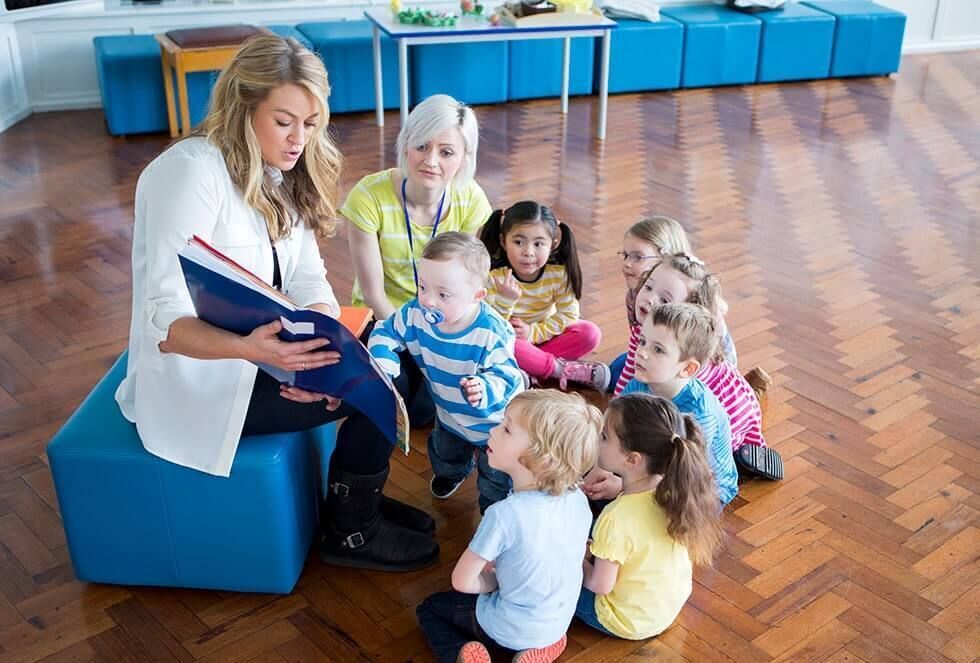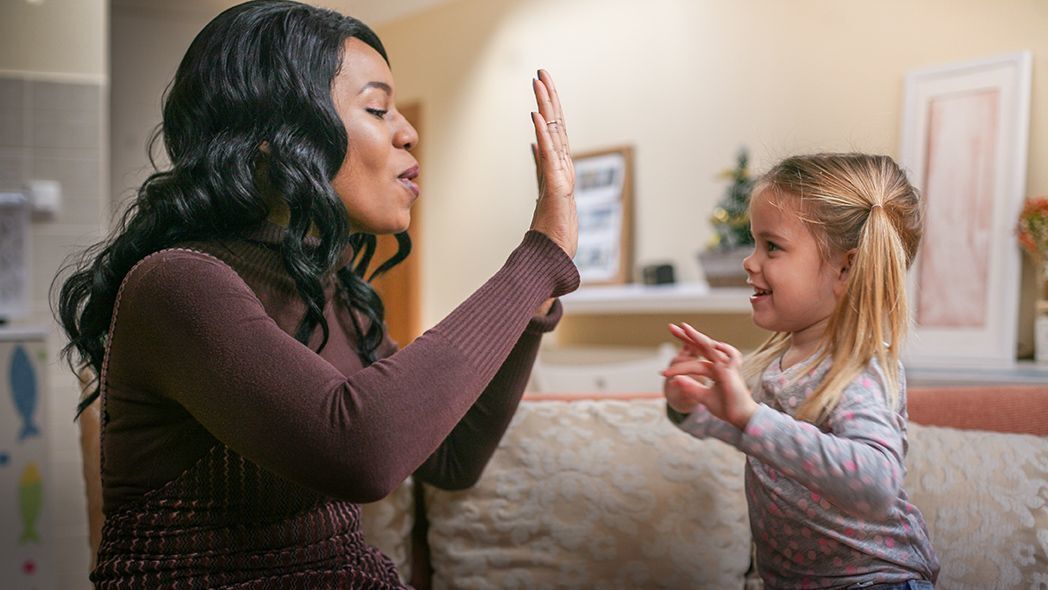
Through texting, social media or FaceTime, we have no shortage of ways to connect with others in our daily lives. However, despite these avenues, social distancing can be incredibly lonely. Loneliness is nothing to take lightly, either.
According to WebMD, in terms of negative impact on physical health, loneliness is on par with other issues such as substance abuse and obesity. Humans are naturally communal beings, so when that’s taken away, we can fall into feelings of depression and hopelessness. If you try to live altruistically, then combating your own loneliness can play a vital role in how you serve others. Here’s how to fight loneliness while still regarding social distancing.
1. Recognize loneliness as a feeling, not a fact.
It’s easy to feel overwhelmed by the emotion of loneliness and immediately think of it as a permanent condition. In fact, loneliness is often a result of a memory which triggers the feeling, rather than actual isolation.
Our brains are designed to recognize pain, which includes painful memories; therefore, the moment we experience loneliness it immediately catches our attention. Then, your brain theories about why you feel lonely, leading to anxious thoughts. These theories are then confused with facts. Instead, combat loneliness by recognizing it for what it is: a temporary feeling to overcome, rather than a state of permanency.
2. Shut down negative self-talk.
More often than not, loneliness is accompanied with increasingly negative self-talk. Our brains often explain any feelings of loneliness with negative reasonings about the self. If you feel this way, something must be wrong with you.
This negative self-talk tends to spiral downward even further, which only intensifies the feelings of loneliness even more. If you want to combat loneliness in your everyday life, be very aware of the way you talk to yourself. Recognize negative thoughts, and focus on building yourself up whenever possible.
3. Put down your phone.
One simple way to overcome loneliness is by merely putting your phone down. In an interview with USA Today, Jennifer Caudle, family physician and assistant professor at Rowan University School of Osteopathic Medicine, stated: “It’s not that social media and electronics are bad—they are fantastic tools. Sometimes we think we can get by with just our phone and computers, but that’s not all we need. We are humans, we need human interaction.”
Phones and computers are the best way to communicate right now, but they don’t prevent loneliness when we aren’t using them to communicate. Take time away from your phone to focus on what really matters to you and help fight feelings of loneliness.
Loneliness is a serious condition which affects many of us at some point in our lives. However, by recognizing loneliness as a feeling, not a fact, shutting down negative self-talk, putting down your phone and finding others to connect with, you can overcome loneliness in your everyday life. Try out these steps next time you feel lonely and see how your life can improve.

















